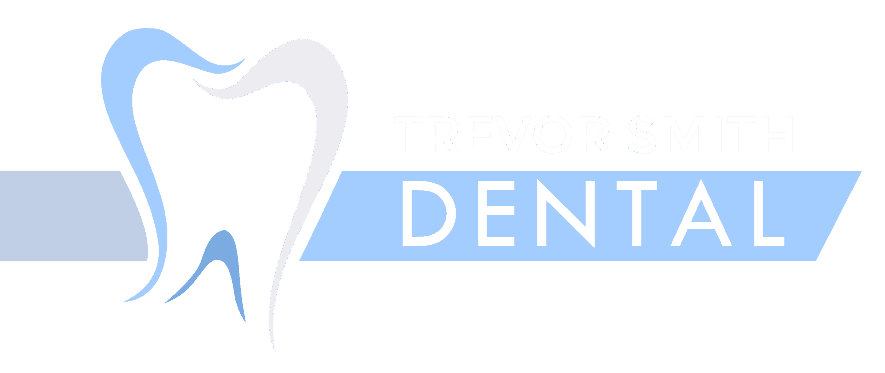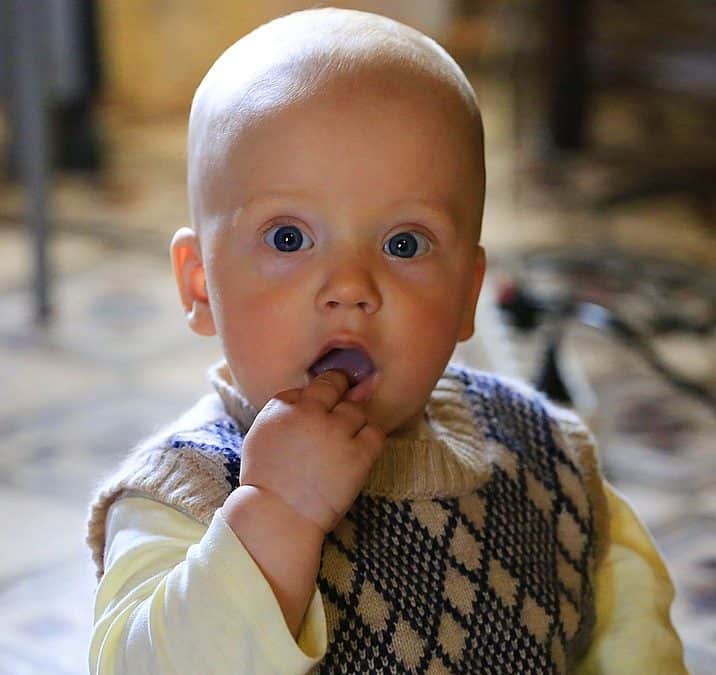Your baby’s primary teeth (baby teeth) will begin to emerge through the gums after 6 months. Teething is a process that can be difficult for both your baby and you as a parent. Although your child may be very restless and irritable during this time, it is still vital to your baby’s current and future dental health that you continue to clean their teeth and gums everyday.
How to Clean Your Child’s Teeth
Between the Ages of 0 and 2:
- Before the first tooth appears, clean your baby’s gums with a moist, soft cloth twice a day after meal time.
- When a few teeth have started to emerge, begin using a toothbrush with soft bristles, a small head and a large handle. Simply brush these baby teeth with a wet brush.
- Do not use toothpaste.
- Getting your baby into the routine of brushing their teeth will make the whole process easier in the future.
Between the Ages of 2 and 7:
- Your child is now old enough that you can start to use a toothpaste (the amount of a grain of rice).
- Once your child reaches the age of 3, you can use a pea-sized amount of toothpaste.
- You will need to brush your child’s teeth until they are old enough to do it themselves, and can properly rinse and spit (usually around 6 years of age).
- After they are able to brush their own teeth, it is still a good idea to supervise your child until you are both confident that they can brush their teeth efficiently.
The most important part of teaching your child to start brushing their teeth on their own is to ensure they brush all the sides of their teeth (back, front and top) twice a day for two minutes.
Why are Primary Teeth so Important?
It is important for you to look after your baby’s primary teeth, as much as you would want them to look after their permanent teeth, as baby teeth play vital roles in eating, smiling, talking and guiding permanent teeth into their correct positions.
Primary teeth are responsible wholly or in part for the ability to eat solid food, the development of their appearance, eloquent speech, and straight teeth. The primary molars, which sit at the back of the mouth, are usually the last of the primary teeth to fall out. Permanent molars may only replace these primary molars at the age of 12. Therefore, if a child’s dental care is neglected from an early age, there is a greater risk that the child will develop tooth decay. Dental treatment for tooth decay in young children is difficult, and will most likely lead to the primary tooth having to be extracted. Without the primary tooth to act as a guide for the permanent tooth, the child is more likely to have a misaligned tooth.
At Trevor Smith Dental, we understand the importance of your young child’s teeth, and will make sure your child is excited to come to the dentist for regular check-ups. Since February is National Children’s Dental Health Month, book an appointment with us today to ensure your child’s dental health is where it should be.


Recent Comments